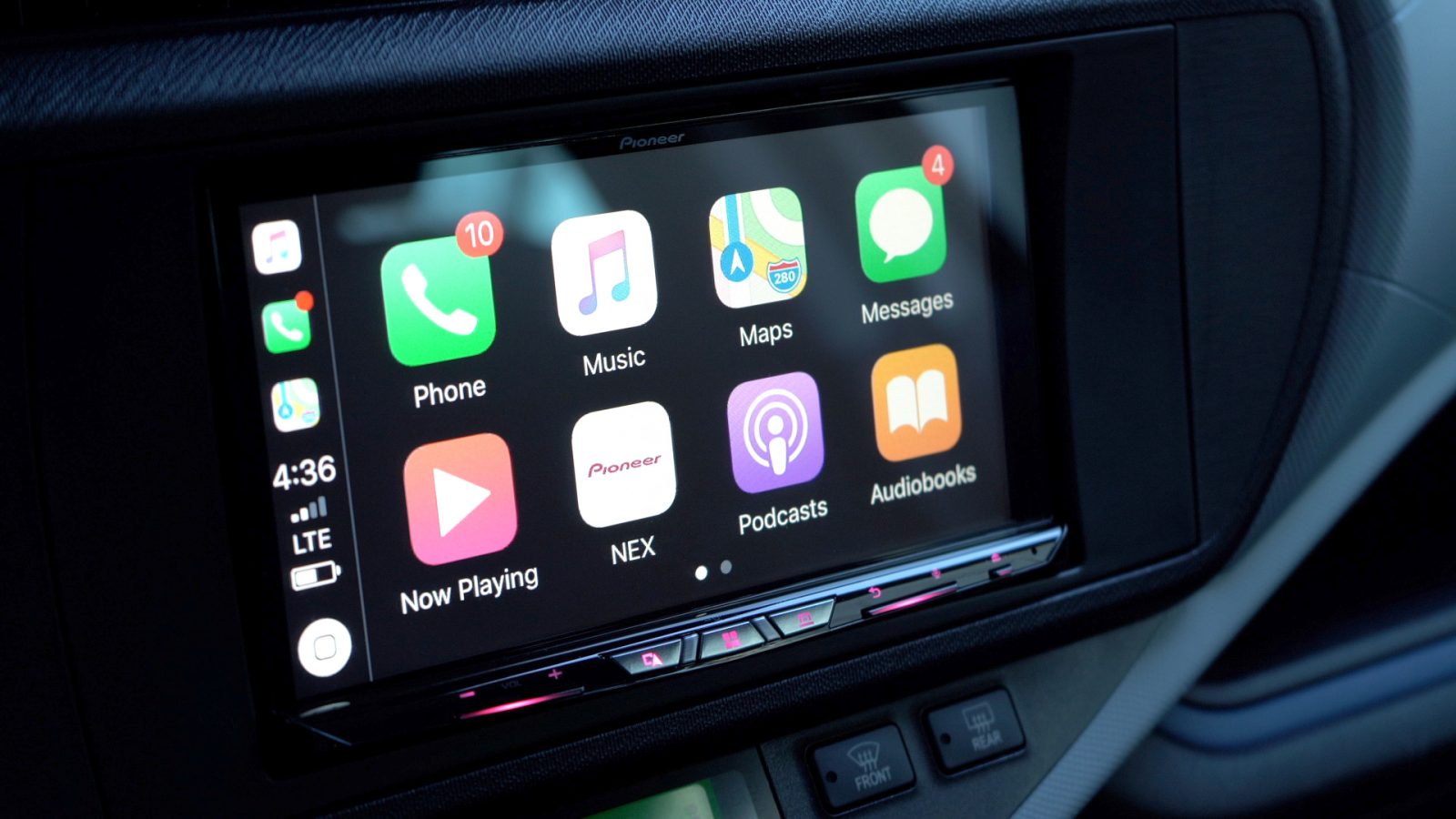
Apple CarPlay is the safest way to interact with your iPhone in the car. You never need to touch your iPhone while driving – something you should never ever do anyway. Instead, you control navigation, communication, and entertainment with voice control and a simplified interface on your car’s screen.
What if your car doesn’t have a built-in display? What if it has one that doesn’t work with Apple CarPlay? The good news is you don’t have to go out and buy a brand new car. In most cases, you can have a really good in-dash system installed for anywhere from $200 to $1,000. Picking the right solution before you make the investment is important.
This story is supported by Mosyle, the only Apple Unified Platform. Mosyle is the only solution that fully integrates five different applications on a single Apple-only platform, allowing businesses and schools to easily and automatically deploy, manage, and protect all their Apple devices. Over 38,000 organizations leverage Mosyle solutions to automate the deployment, management, and security of millions of Apple devices daily. Request a FREE account today and discover how you can put your Apple fleet on auto-pilot at a price point that is hard to believe.

Apple CarPlay + Android Auto
The first thing to consider is system compatibility. Infotainment systems can work with both Apple CarPlay and Google’s Android Auto. With that being said, there are still new units being introduced that only support one system. Watch for that if dual compatibility is a concern.
My family only uses Apple CarPlay, but Android Auto could be useful if a passenger uses Android. Support for both systems should also help your vehicle’s resale value and appeal as well.
Here are some options:
- BOSS Audio Systems BVCP9700A – reliable budget option
- Pioneer DMH-1770NEX – company made the first aftermarket CarPlay head units
- Alpine ILX-F511 – premium option with a large display
Wireless CarPlay
Apple CarPlay launched with extremely limited availability in 2014 on select new cars and aftermarket head units, but today you can find CarPlay support from nearly every brand. That’s true for wired CarPlay at least, but wireless CarPlay hasn’t become ubiquitous yet.
Any version of CarPlay can work by connecting to the system with the iPhone charging cable. f you’re making the investment, I would highly recommend considering wireless CarPlay a must-have feature.
The Alpine iLX-507 (reviewed) is a great recommendation for a solid wireless CarPlay aftermarket head unit.
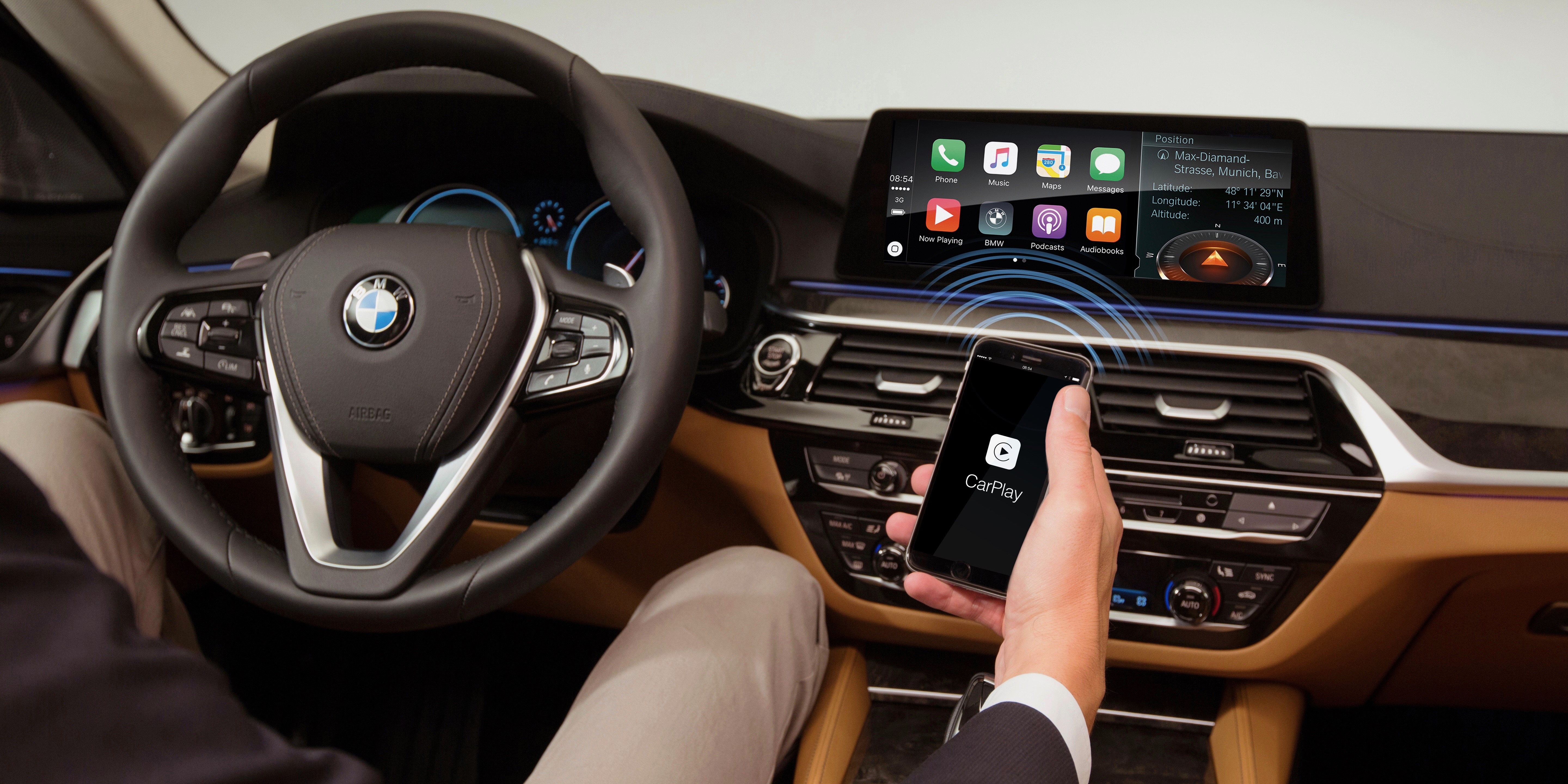
As for installation, it can be a do-it-yourself job if you have experience changing car stereos, but you can usually pay $100-$500 in parts and service to have CarPlay screens installed properly. Prices often depend on the complexity of the install job, so shop around local businesses to know your options.
Factors to consider include losing access to built-in cameras, needing to replace cameras, and possibly losing access to system controls only available in the default infotainment system. These are important things to ask about before deciding on an installer.
What if your car already comes with CarPlay, but it’s not wireless? Great question. I’ve been using a third-party adapter that makes my car’s built-in CarPlay work wirelessly. You can read about my experience here.
Display types
Display type is another factor. There are two types with dramatically different quality: capacitive which is preferred, and resistive which you will likely want to avoid.
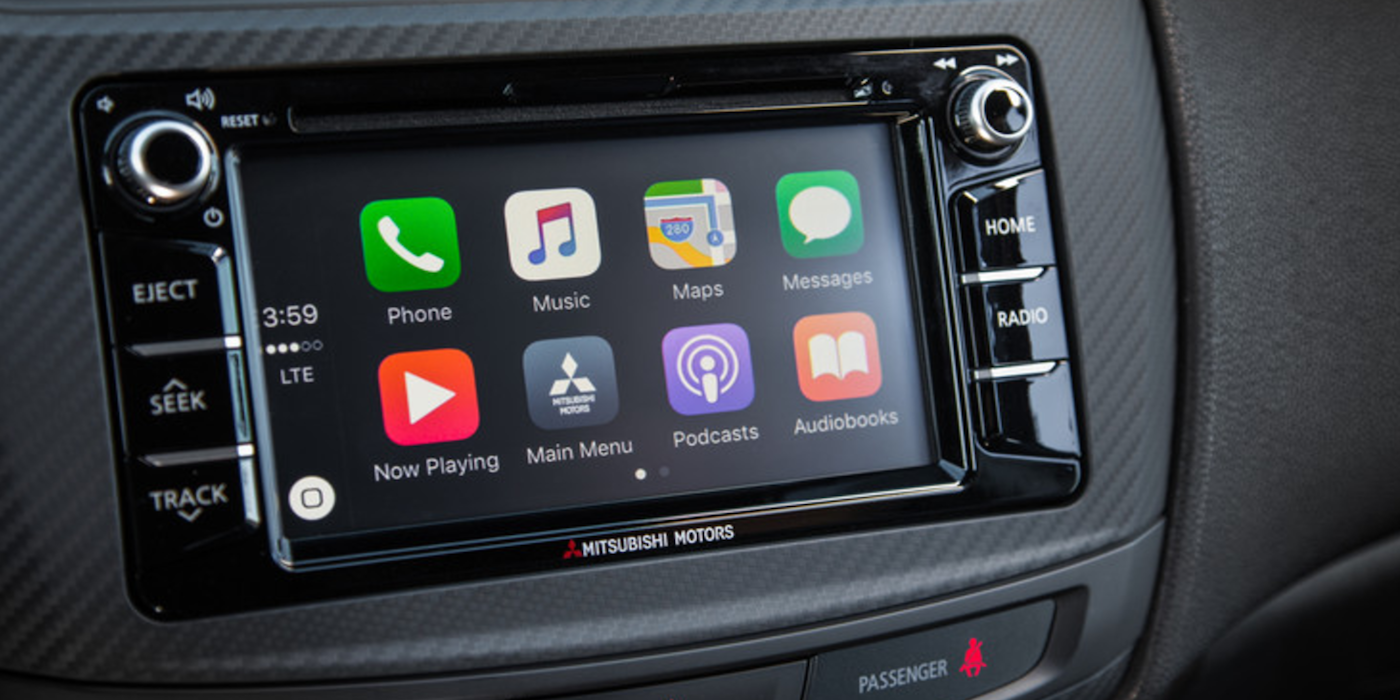
There are decent resistive touch screens that offer an OK experience on a budget, but investing in a capacitive system will ultimately offer a much better experience; in some cases, you can pay more for a worse experience! The difference in screen types is like comparing an iPhone screen to that of an old ATM.
CarPlay built-in or aftermarket?
Finally, there’s the decision to make over whether to buy new with CarPlay or rely on an aftermarket system. New cars with CarPlay support generally offer better integrations with backup/side cameras and steering wheel controls.
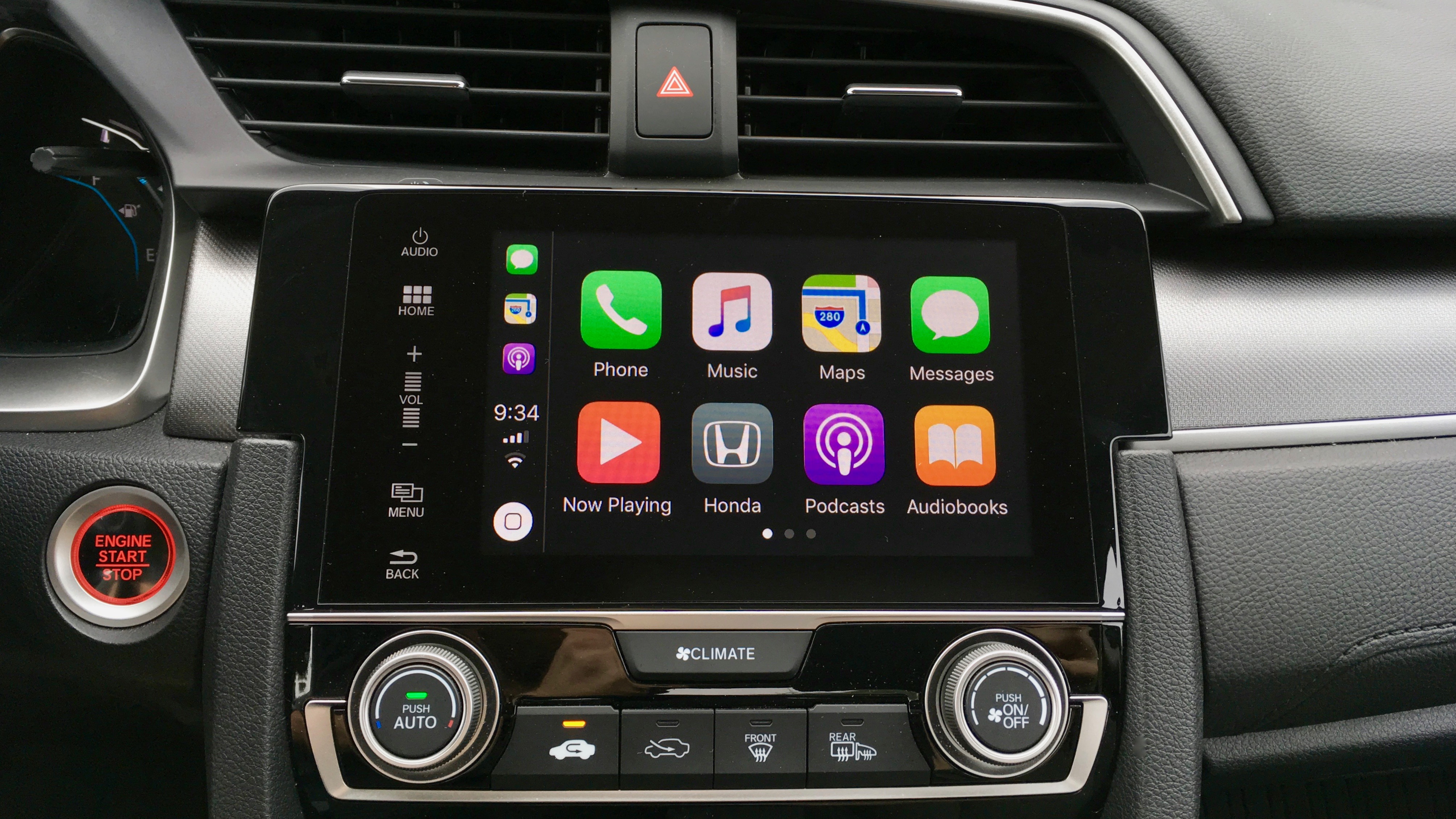
My 2017 Honda Civic OEM head unit included wired CarPlay from the factory, and I used a wireless adapter to add wireless CarPlay. However, the OEM head unit gave up the ghost after seven years. Installing a third-party head unit from JOYING that includes wireless CarPlay, a volume knob, a two-inch larger display, and greatly improved audio features was the most affordable fix.
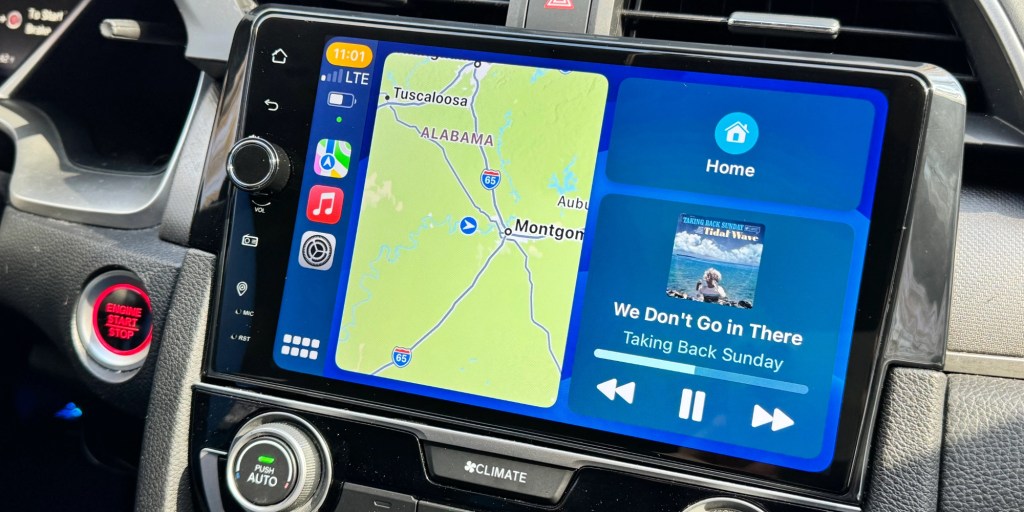
CarPlay wrap-up:
Top comment by rezzyk
About two years ago I bought a Kenwood DMX9707S (and all associated wires and harnesses) from Crutchfield to replace my stock head unit in my 2012 Prius C. It was a great purchase. Wireless CarPlay works 99% of the time (the other 1% I need to turn the car off and back on, heh). And All my steering wheel buttons still work - volume, answer call, voice assistant (Siri now). It's very nice.
If you decide to buy a new car that offers CarPlay, look for factors like display size and screen resolution to compare. As car makers adopt wireless CarPlay, be sure to research current options before buying. Many dealers won’t know the difference between CarPlay and Wireless CarPlay so rely on your own information.
- Follow our CarPlay guide for the latest news on model availability
- You can find Apple’s list of CarPlay cars here
- Best CarPlay apps for iPhone
- Download the new CarPlay wallpapers for iOS 17
I prefer the tight integration of a new car with built-in CarPlay if possible, but I recommend Alpine iLX-507 as the go-to aftermarket choice for its display size, screen type, and wireless CarPlay support. If you really want to go big, though, the giant Alpine ILX-F511 for an impressive upgrade.
P.S.
It might be a few decades before we can recommend aftermarket solutions for next-gen CarPlay.
FTC: We use income earning auto affiliate links. More.



Comments